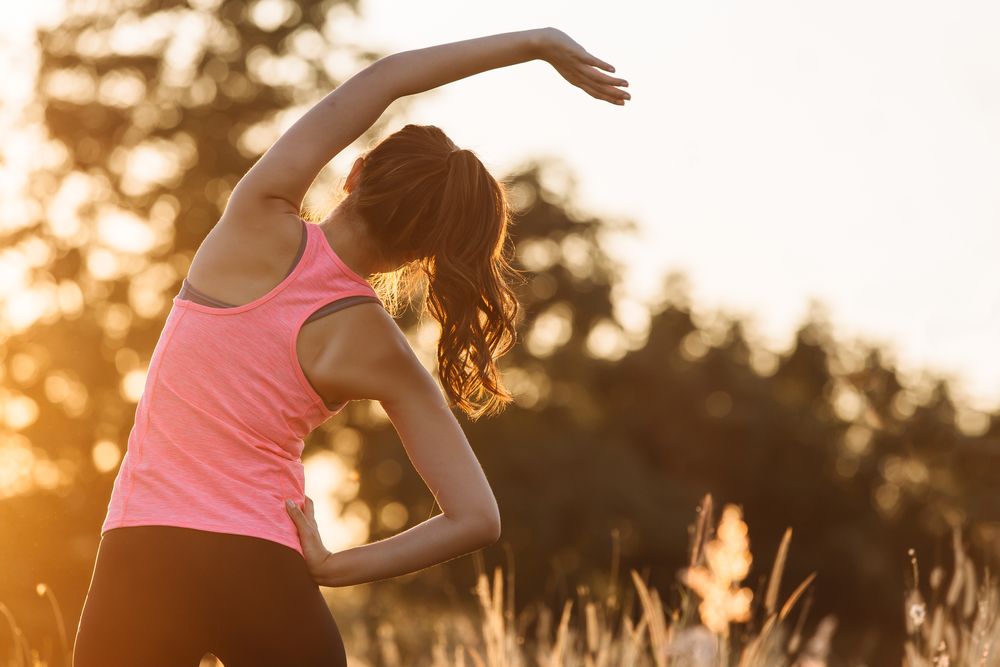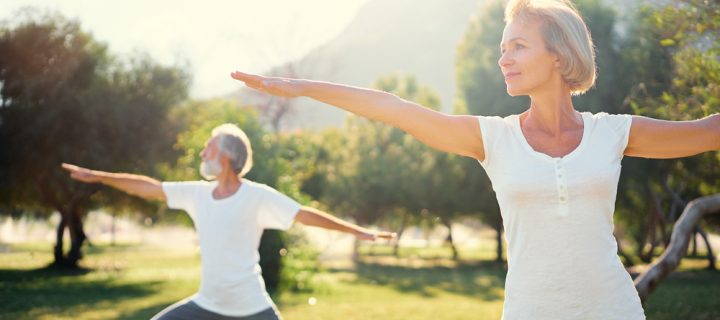As the body’s largest organ, your skin can benefit from exercise just as much as the other organs in the body.
The moment your heart starts beating faster and your muscles pump protein, it powers your skin cells’ mitochondria to act younger—over time, that can make skin some 25 years younger at the microscopic level, according to a study at McMaster University in Ontario.
Exercise can also help the body control blood sugar and oxidative stress, reducing advanced glycation end products that can age skin tissue.
Here’s more of the latest science on exercises and its effects on skin vitality.
Revving up repairs

Studies show that exercise, whether its resistance training or cardio or anything else that gets you active, helps neutralize full-body inflammation by releasing anti-inflammatory proteins and reducing stress hormones.
“Inflammation is a major source of skin aging, so anything that combats it protects collagen and helps skin age better,” says Shape Brain Trust member Elizabeth K. Hale, M.D., a dermatologist in New York City.
Cardio delivers nutrients to your skin
Exercise improves blood flow throughout the entire body – and that includes your skin.
“That increase in circulation dilates blood vessels, which brings more nutrients and oxygen to support skin cells,” says Dr. Hale. “You can generally tell how healthy someone is by looking at their skin, and a lot of that bright complexion everyone wants is a product of good blood flow.”
Related: Foods Dermatologists Say to Eat for Better Skin
Sweat it
Don’t be embarrassed by sweat. Just say it’s a part of your all-natural skin regimen.
“When you sweat, pores open and release impurities,” says Dr. Hale. This helps the immune system thanks to antimicrobial peptides, dermcidin, that protects the skin and body from harmful bacteria.
But that doesn’t mean you shouldn’t clean yourself after working out, says Dr. Hale.
“Sweat itself doesn’t cause acne, but if you don’t wash right away or if you hang around in tight, sweaty clothes, natural bacteria and yeast on skin can start fermenting, and you may clog or irritate pores, which can cause small, red bumps.”
Photo Credit: GP Studio/Shutterstock.com; kudla/Shutterstock.com












